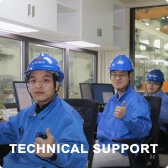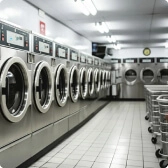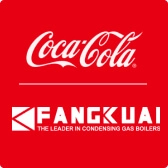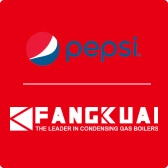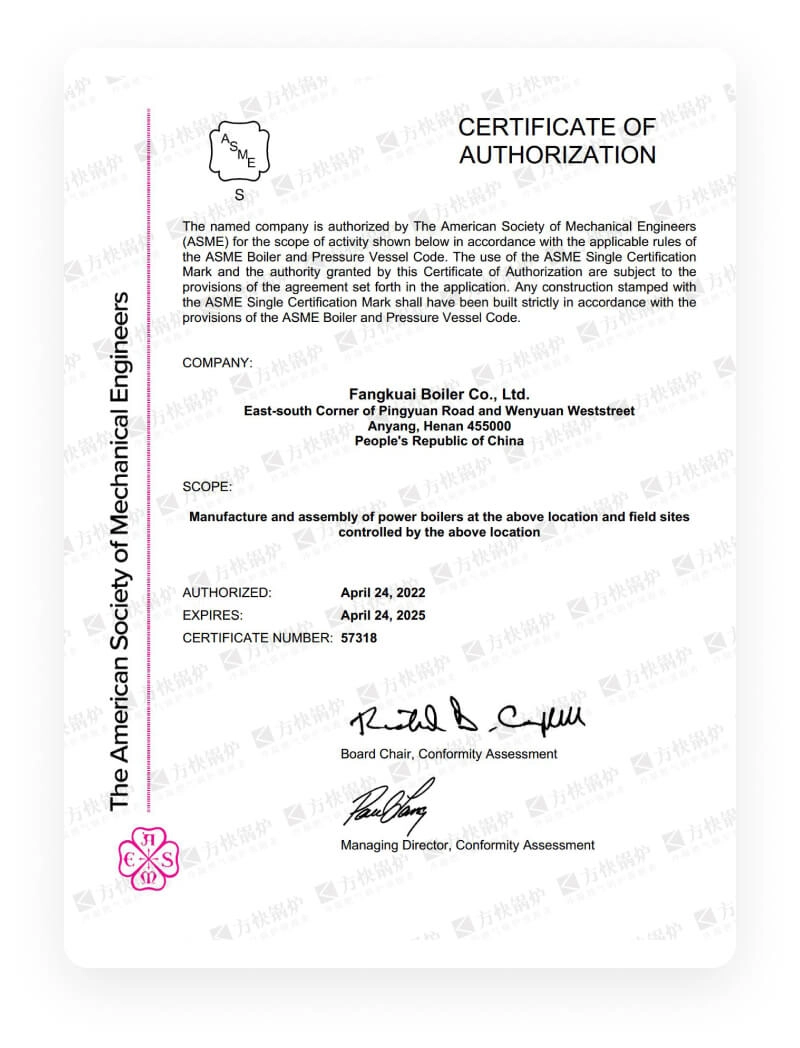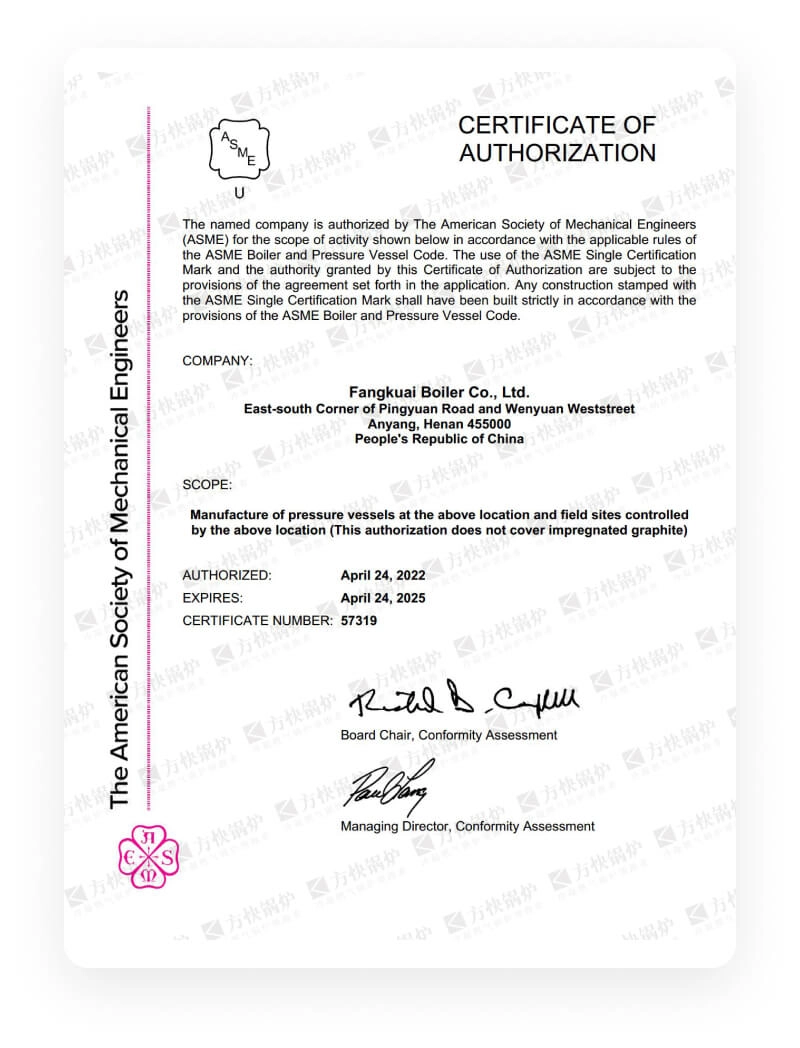High Efficiency Condensing Hot Water Boiler - Fangkuai Boiler
date: 2024-10-28
Page preview:
Fangkuai condensing hot water boilers provide heating solutions for residential and commercial use, solving problems such as heat loss and excessive exhaust emissions. This article will tell you how we do it.
I. Research on Flue Gas Composite Heat Transfer Mechanism
The core technology of condensing hot water boilers lies in the research of the flue gas composite heat transfer mechanism. By examining the interaction between flue gas flow and heat exchange, effective utilization of low-temperature waste heat can be achieved. Specifically, condensing boilers recover latent heat from condensate water at low temperatures, enhancing thermal efficiency. The successful implementation of this process relies on a thorough understanding of flue gas flow characteristics to achieve optimal heat exchange results.
II. Ultraten Technology and Its Heat Exchange Elements
Ultraten technology represents a significant innovation in condensing hot water boilers, centered around the winged tube heat exchange element. This design effectively combines heat transfer and condensation functions, offering the following notable advantages:
-
Significant Increase in Heat Exchange Area: Under equivalent conditions, Ultraten winged tubes provide a heat exchange area five times that of traditional smooth tubes. This allows the boiler to achieve higher thermal efficiency within a smaller volume.
-
Unique Tear Slot Design: The inner wall of the winged tube features a tear slot design that effectively eliminates the impact of the condensate film on heat transfer, facilitating rapid heat transfer and quickly lowering flue gas temperatures.
-
Material Selection: The inner core of the winged tube is made of high-performance silicon-aluminum alloy, which offers excellent corrosion resistance and strength. The aluminum oxide (Al₂O₃) layer formed after oxidation not only enhances durability but also effectively protects against corrosive substances.
III. Structural Optimization and Energy Savings
Condensing hot water boilers have undergone significant design optimizations to improve thermal efficiency and reduce footprint. Through the unique fin structure, the heat exchange area has increased by 1.2 times while effectively reducing the length and number of smoke pipes. These improvements yield the following effects:
-
40% Reduction in Volume: Compared to traditional boilers, the volume of condensing hot water boilers is significantly reduced, making installation and maintenance more convenient in confined spaces.
-
50% Reduction in Startup Time: The efficient heat exchange design significantly shortens the startup time, enhancing the system's responsiveness.
-
20-30°C Decrease in Flue Gas Temperature: This advantage not only improves system thermal efficiency but also lowers the thermal load on the environment, aligning with sustainable development goals.
-
30% Reduction in Footprint: Optimized designs have effectively lowered the infrastructure investment required for the boiler.
IV. Integration of PLC Intelligent Control Systems
The trend toward modernization in condensing hot water boilers is significantly enhanced by the integration of PLC intelligent control systems, which feature the following functionalities:
-
Real-time Monitoring and Adjustment: By collecting operational data through sensors, the PLC system can monitor the boiler's temperature, pressure, and flow in real-time, automatically adjusting various parameters to ensure optimal operation.
-
Fault Diagnosis and Alarming: The system can promptly identify potential faults and notify operators through alarms, minimizing equipment failures and enhancing operational safety.
-
Data Recording and Analysis: By recording and analyzing operational data, operators can optimize the boiler's operating strategy, further enhancing overall energy utilization efficiency.
Conclusion
Condensing hot water boilers, with their advanced heat recovery technology, innovative material applications, structural optimizations, and intelligent control systems, demonstrate significant potential in energy saving and environmental protection. As the demand for energy efficiency and sustainable development continues to grow, condensing hot water boilers will play an increasingly important role in the future energy market, driving the industry towards a low-carbon economy.


